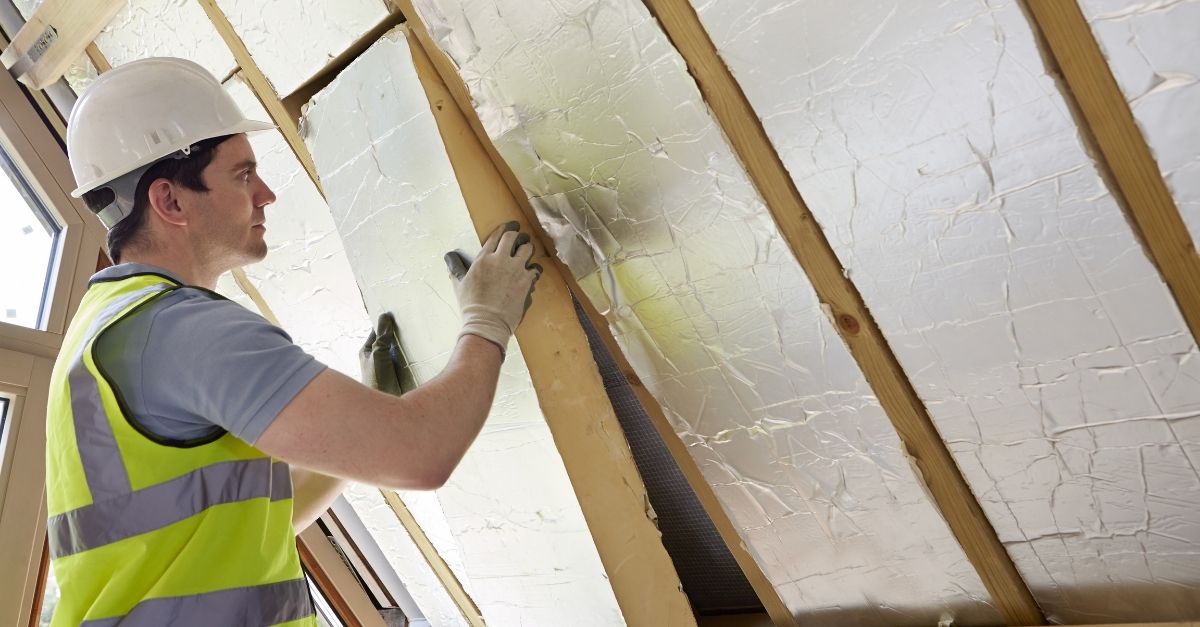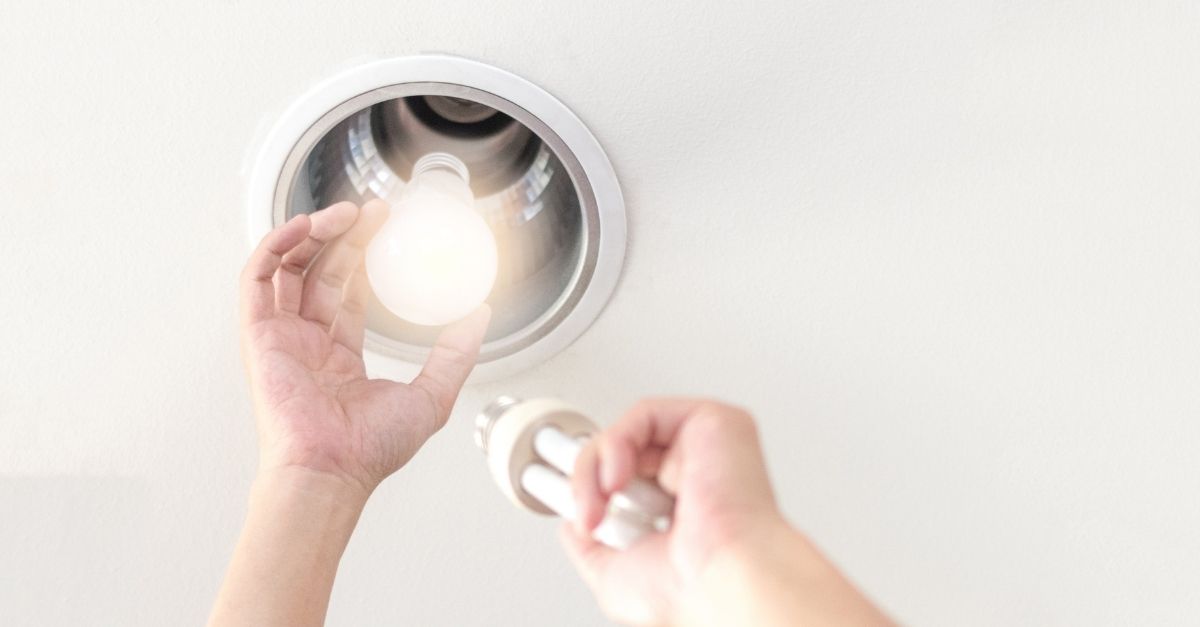Homeowners across the UK are increasingly turning to renewable energy, with solar power standing out as a top choice for meeting their self-consumption needs.
When considering whether to install a solar panel system, many homeowners are primarily focused on saving money by reducing or even eliminating their electricity bills.
Before diving into recommendations that can boost your self-consumption, it’s helpful to understand what self-consumption and grid independence really mean.
What is Self-Consumption in Relation to Solar Panels?
Self-consumption refers to generating your own electricity on-site using solar panels and using it directly instead of relying on the grid. It's a straightforward yet powerful way to reduce your energy costs.
For example, if you have a 50% self-consumption rate, it means you're using half of the electricity your solar panels produce. The rest is either sent back to the grid or stored for later use.
So what happens to the remaining 50%? That’s where things get interesting.
If you don’t have a battery storage system, the unused electricity is typically exported back to the grid. In return, you may receive compensation through the Smart Export Guarantee (SEG) scheme.
Self-consumption is often called load-shifting or solar soaking. These terms all refer to the idea of using your own clean, affordable solar power instead of buying it from an energy provider.
What is Grid Independence?
The less energy you draw from the national grid, the more independent you become from traditional energy suppliers.
Most homes in the UK still rely heavily on energy companies for their electricity. But with solar panels, you can significantly reduce that dependency.
Grid independence measures how much of your energy needs you can meet with your own solar system. It gives you a clearer picture of your energy autonomy.
Solar panels allow you to cut down on grid usage while still having access to it when needed. This balance is key to long-term energy savings and sustainability.
Why is Self-Consumption Important for Solar Panel Owners?
Self-consumption is vital because it shows how much you can save on your energy bills and how close you are to becoming fully self-sufficient.
The higher your self-consumption rate, the less you’ll pay to energy providers. Plus, it helps reduce your carbon footprint by using clean, renewable energy instead of fossil fuels.
It’s also a smart financial move to maximize your solar system’s efficiency. As we discussed in one of our previous posts, this can help you break even faster.
How Can You Increase Your Self-Consumption?
According to research from the University of Oxford, UK households with solar PV systems typically consume about 45% of their own generated electricity. With some adjustments, this can be increased to over 35% annually.
If you want to make the most of your solar setup and minimize grid reliance, here are some effective strategies to consider.
11 Ways to Boost Your Self-Consumption
1. Conduct an Energy Audit
Do you know exactly how much energy you use every day? Understanding your consumption patterns is the first step toward maximizing self-consumption.
A smart meter can help track your electricity use and production, giving you insights into peak hours and when your solar panels are most active.
By aligning your energy use with solar generation, you can reduce your grid dependency. If your peak times are at night, consider adding a battery storage system to your setup.
2. Improve Home Energy Efficiency
Older homes tend to be less energy efficient, leading to higher bills and more heat loss. Retrofitting can help you cut costs and improve comfort.
Simple upgrades like sealing gaps, improving insulation, or replacing old appliances can make a big difference in your energy use and self-consumption rates.
3. Install Insulation

Heating and cooling account for a large portion of home energy use. Good insulation keeps your home comfortable and reduces the need for excessive heating or cooling.
This means more of your energy needs can be met by your solar system, increasing your self-consumption and lowering your bills.
4. Switch to LED Lighting

Lighting is usually used in the evening, when solar panels aren't generating electricity. So, choosing energy-efficient bulbs is key.
LEDs use far less energy and last longer than traditional CFLs, helping you save money on both energy and replacements.
5. Charge Devices During the Day
Charging your phone or electric car overnight might seem convenient, but doing so during the day can save you money.
Try charging devices when your solar panels are producing the most energy. This not only lowers your bill but also makes better use of your solar investment.
6. Avoid Standby Power Use
Many devices continue to use power even when they’re not in use, just sitting in standby mode. This adds up over time.
Turn off electronics when not in use. According to the Energy Saving Trust, UK households waste between £50 and £861 annually on standby power alone.
7. Power Garden Tools with Solar
Use solar energy to power garden tools like lawnmowers and hedge trimmers. This keeps your outdoor activities running cleanly and efficiently.
Charge these tools during the day to avoid drawing from the grid at night. Even pool pumps and saunas can benefit from daytime solar use.
8. Improve Your Building Envelope
Your building envelope includes everything that separates the inside from the outside — walls, windows, doors, and the roof. Sealing gaps and improving insulation can greatly reduce energy waste.
An efficient building envelope keeps your home warmer in winter and cooler in summer, reducing the need for heating and cooling — which in turn boosts your self-consumption.
9. Add a Solar Battery Storage System
A solar battery allows you to store excess energy generated during the day for use at night or on cloudy days. This increases your self-consumption and reduces grid reliance.
Many homeowners choose batteries to make the most of their solar output. A survey by Which? found that 60% of people who own or are considering a battery do so to use more of their solar energy.
10. Install a Home Energy Management System (HEMS)
HEMS systems give you control over your energy use by tracking consumption and managing appliance schedules. They help you optimize when you use your devices for maximum efficiency.
With HEMS, you can manage lights, heating, and other devices from your phone, making it easier to use solar energy effectively throughout the day.
11. Consider an Electric Vehicle
Switching to an electric vehicle is a big decision, but it’s also a smart move for the future. The UK government plans to phase out petrol and diesel cars in the coming years.
Electric vehicles can be charged using your solar system, cutting down on both fuel costs and emissions. It’s a great way to increase your self-consumption and reduce your environmental impact.
While complete energy independence might be a distant goal, taking these steps brings you closer to a greener, more self-reliant lifestyle.
Every small action adds up. Start with one or two changes today and watch your energy savings grow over time.
Automatic Pressure Sanding Machine
Automatic pressure sander,Automatic Pressure Sanding Machine,Brush Sander Machine,Polishing Wood Sanding,Brush Polish Sander
Foshan Sandwell Machinery Co.,ltd , https://www.sandwellsand.com